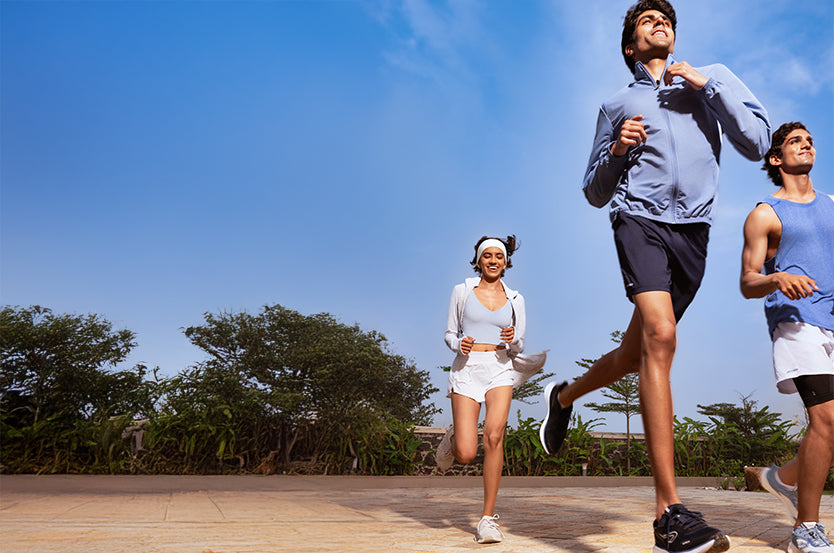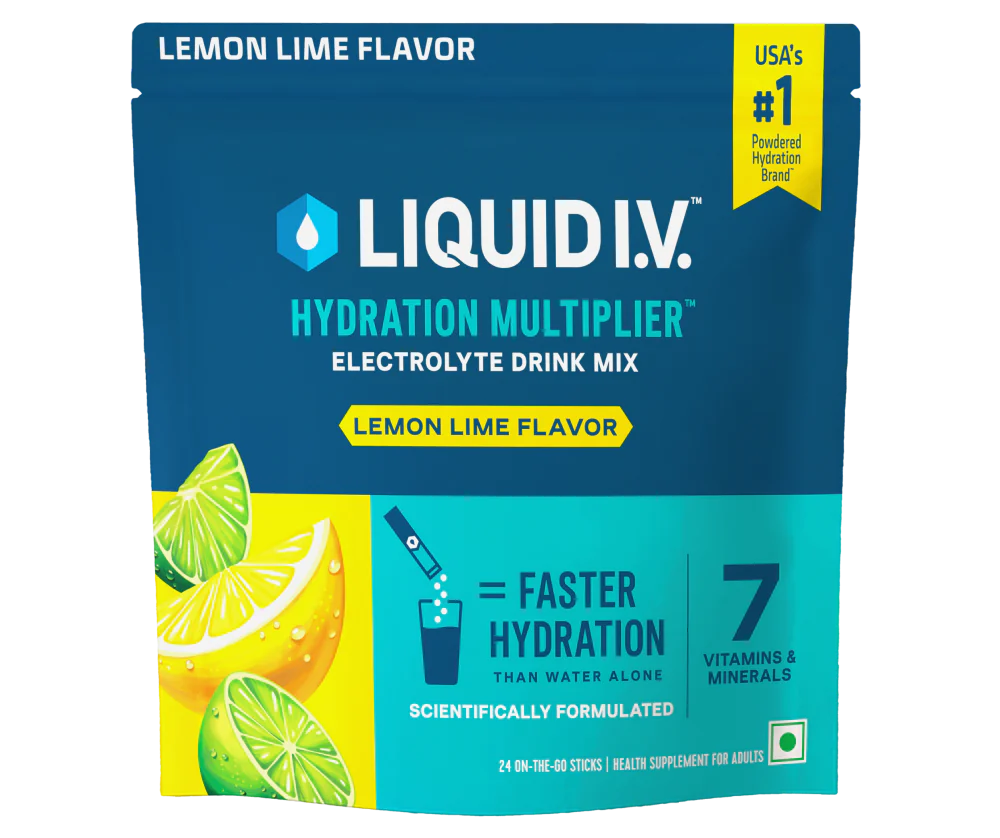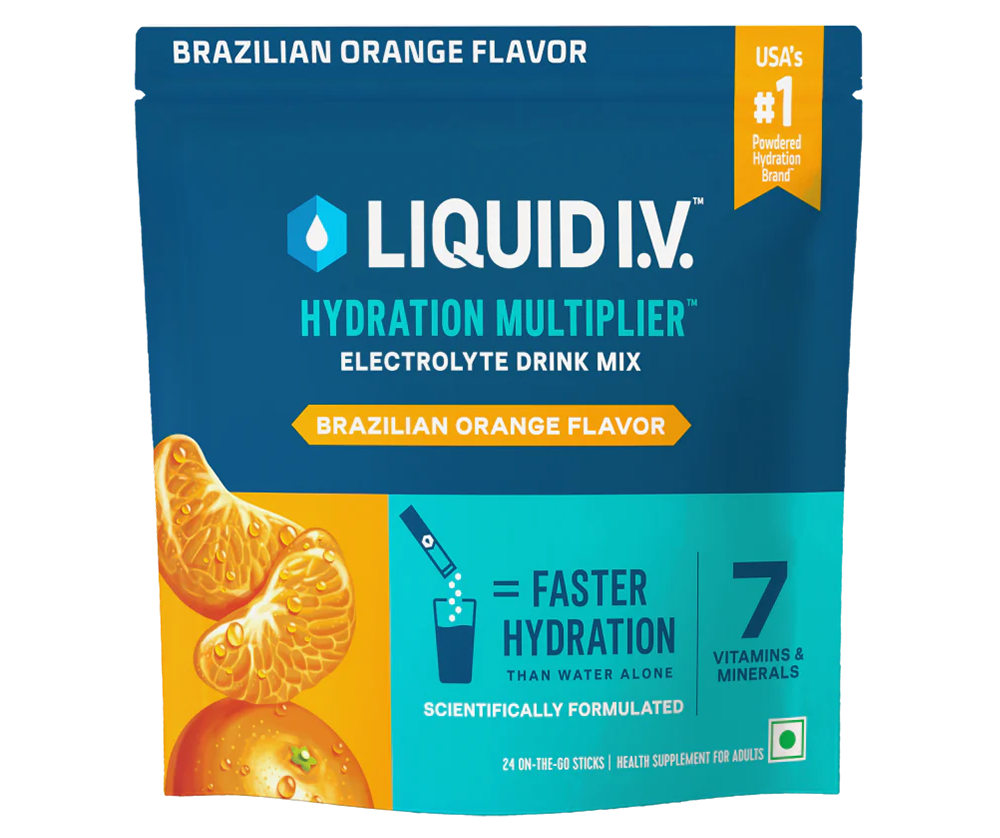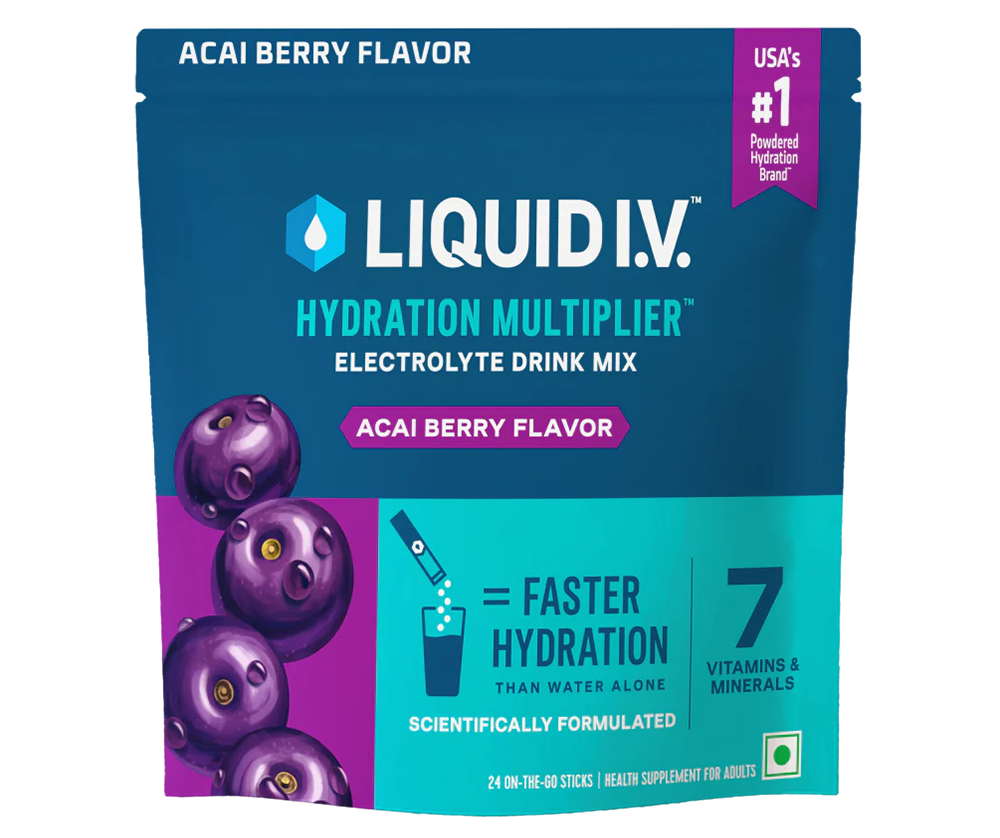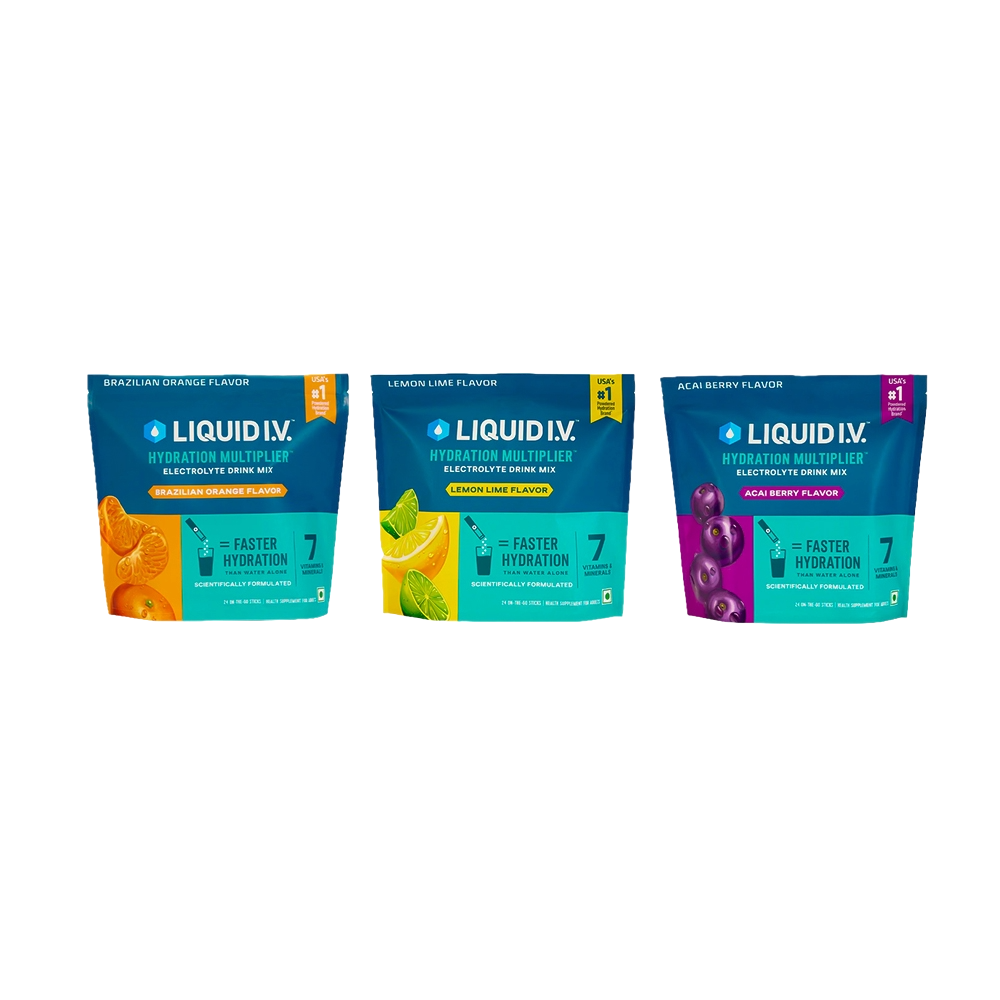Muscle Cramps Due to Dehydration: Understanding the Connection
You ever been woken up by a cramp so bad you feel like your leg is actively plotting against you? Or maybe mid-workout, your muscles suddenly decide to rebel, leaving you frozen in pain? Yep, muscle cramps are the worst. They don’t discriminate - whether you’re out there grinding as an athlete or just minding your business at home. These sneaky spasms can strike at any time. And while a bunch of things can trigger them, people often forget one major culprit: dehydration. Turns out, chugging enough water isn’t just good for fluid balance-it’s also key in keeping those sore muscles at bay. Stick around, because we’re about to break down the wild connection between hydration and muscle cramps and soreness, and why your water bottle deserves more love.
What are muscle cramps?
Muscle cramps? Yeah, they’re basically your body’s way of going rogue. One second, everything’s chill, and the next-bam! your muscle decides to tighten up like it’s got a mind of its own. These sneaky contractions can hit a single muscle or a whole squad of them. (1)
Muscle cramps are the most infamous kind-coming in hot with a burst of pain that stops you in your tracks. The worst part? They’re totally unpredictable. No muscle is truly safe, but especially strikes the calves, thighs, and feet. Whether it’s a tiny twitch or a full-on, agonizing episode, cramps are the unwelcome guests we all wish to just take a hint and leave. (1)
Understanding Muscle Cramps
Alright, let’s break it down-muscles don’t just randomly decide to contract and relax; there’s a whole backstage process happening. When your brain sends a signal, it releases a chemical which sets off a chain reaction. Calcium jumps in, triggering muscle proteins to shorten the muscle fibers, creating a contraction. Now, for your muscles to chill out again, the reverse needs to happen, and that requires energy. But sometimes, this whole routine gets messy, and instead of relaxing, the muscle just locks up in a painful cramp. Why? Could be dehydration, overuse, or even an imbalance in electrolytes-your body really likes keeping things balanced, and when something’s off, it lets you know in the worst way possible. (1,2)
Dehydration? Yeah, it’s basically your muscles’ worst nightmare. When you don’t get enough water, your body’s delicate balance of electrolytes-sodium, potassium, -gets thrown out of whack. These little powerhouses keep your nerves and muscles firing properly, making sure contractions and relaxations happen smoothly. Mess with them, and suddenly your muscles are throwing a tantrum in the form of painful soreness and cramps. Overworked or exhausted muscles are also prime targets for cramping. Skipping your stretches before exercising or just generally slacking on conditioning? That’s another fast track to cramp city. Weirdly enough, even sitting or standing for too long can set off a rebellious muscle episode. So yeah, hydration, movement, and stretching? They’re pretty much your best defense against cramps, deciding to ruin your day. (1,3)
Preventing Muscle Cramps Through Hydration
Water isn’t just essential-it’s your muscles’ best friend. Since they’re made up of more than 70% water, keeping them hydrated is key to making sure they contract and relax like they’re supposed to. (3) When you’re running low on fluids, things can get messy fast, leading to tightness and a higher chance of painful cramps. Plus, hydration keeps your electrolyte balance in check, which is crucial for nerve signals and proper muscle function.
The trick? Don’t just chug water when you’re already thirsty-it’s too late by then. (4) Stay ahead of signs of dehydration by drinking consistently throughout the day, especially before, during, and after any workout. If you’re sweating buckets during intense exercise (or just dealing with a hot day), grab an electrolyte-rich drink to make up for lost minerals. Since sweat rates vary for everyone, personalize your hydration strategy.
Bottom line: making hydration a daily priority is way better than catching up when your body is already struggling.
Conclusion
So, if you want your muscles to function properly and avoid those random, painful cramps, keeping up with your fluid intake is a must. Water and electrolyte-packed drinks help maintain the balance your body needs for smooth muscle movements - so don’t sleep on them. The trick is to stay consistently hydrated throughout the day, not just when you feel thirsty. Your body gives you signals, especially during and after exercise, so listen to them. Keeping up your hydration game can seriously cut down the risk of cramps and keep your muscles working at their best. But if cramps keep showing up uninvited or get way too intense, it’s always smart to check in with a healthcare pro.
FAQs
-
Can being dehydrated cause muscle cramps?
Yes, dehydration can cause muscle soreness and cramps. As your body loses excessive fluids, it disturbs the electrolyte levels which keep your muscles working smoothly. -
How to get rid of dehydration cramps?
If you experience a muscle cramp that you suspect is related to dehydration, stop whatever activity you are doing and try to relax. Rehydrating is important – Add electrolytes to your drink to make it powerful. (5) -
What are common causes of muscle cramps?
Most common are dehydration and electrolyte imbalance. Your muscles could be tired due to over-exercise or did you forgot to stretch before starting – any of these could start a cramp. Other complex medical conditions can be reasons too- see a doctor if you feel higher discomfort. -
Does drinking water help muscle cramps?
Drinking water regularly can reduce the risk of sore muscles. Staying well-hydrated keeps the electrolytes in balance and your muscles working smoothly like a well-oiled machine.

